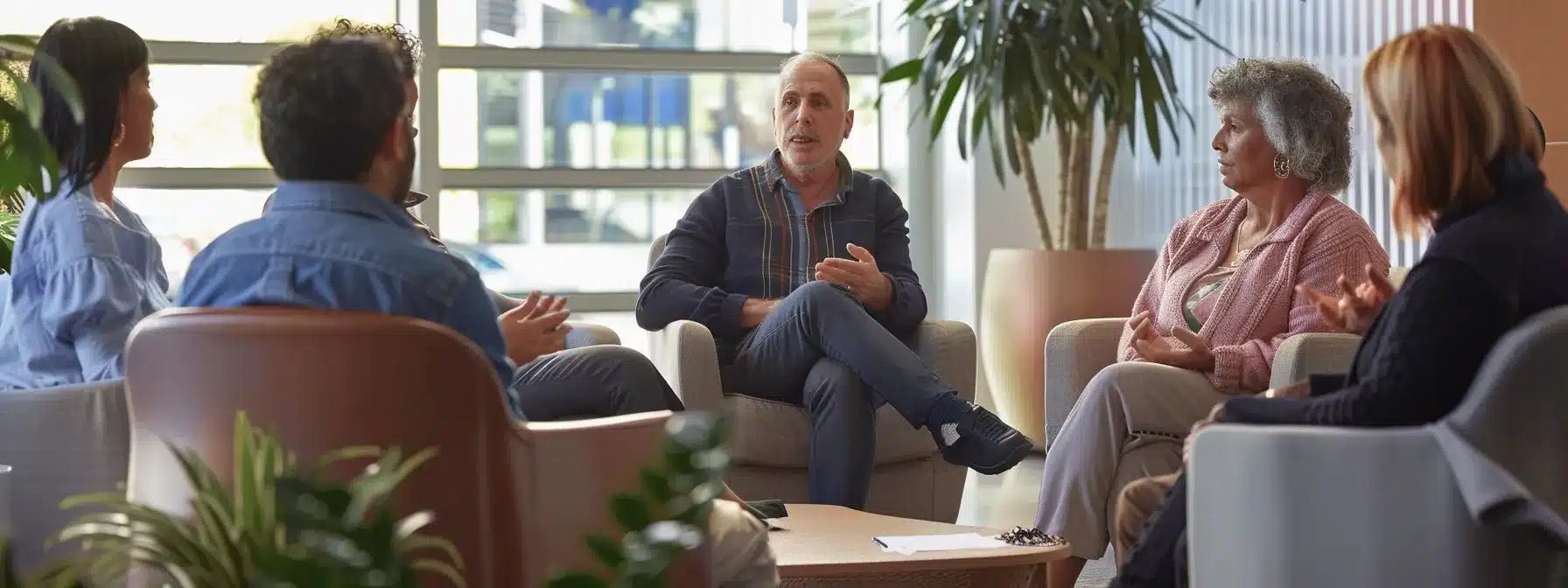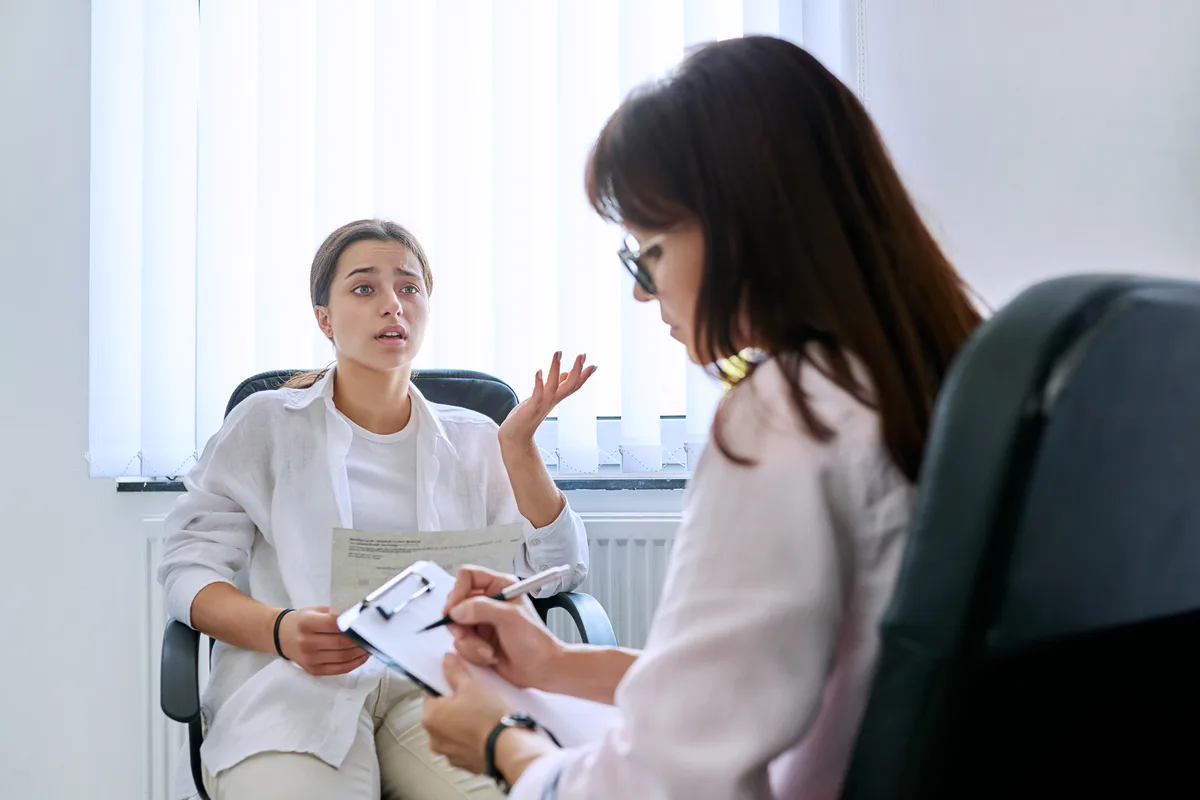24/7 Helpline:
(866) 899-221924/7 Helpline:
(866) 899-2219
Learn more about Couples Rehab centers in Alamosa County

Other Insurance Options

Lucent

Coventry Health Care

WellPoint

MVP Healthcare

Health Partners

WellCare Health Plans

Access to Recovery (ATR) Voucher

Excellus

Cigna

Health Net

Ceridian

Absolute Total Care

Sliding scale payment assistance

EmblemHealth

CareFirst

Choice Care Network

Amerigroup

Multiplan

Providence

Holman Group

San Luis Valley Behavioral Health
San Luis Valley Behavioral Health - County Road is an outpatient facility that offers treatment for ...

Crossroads Turning Points
Crossroads Turning Points–Alamosa is a comprehensive alcohol and drug rehab for adults in Alamosa, C...





















Hope Grief Loss and Substance Abuse
Hope Grief Loss and Substance Abuse is a private rehab located in Alamosa, Colorado. Hope Grief Loss...

Colorado State Rehabilitation Services
Colorado State Rehabilitation Services is a public rehab located in Alamosa, Colorado. Colorado Stat...

Ascension Counseling and Transformation
Located in Alamosa, Colorado, Ascension Counseling and Transformation offers mental health and alcoh...

S L V Family Resources Counseling
S L V Family Resources Counseling is a private rehab located in Alamosa, Colorado. S L V Family Reso...

1st Alliance Treatment Services
1st Alliance Treatment Services is located in Alamosa, Colorado. 1st Alliance Treatment Services pro...

Ascension Counseling
Ascension Counseling is a public rehab located in Alamosa, Colorado. Ascension Counseling specialize...




